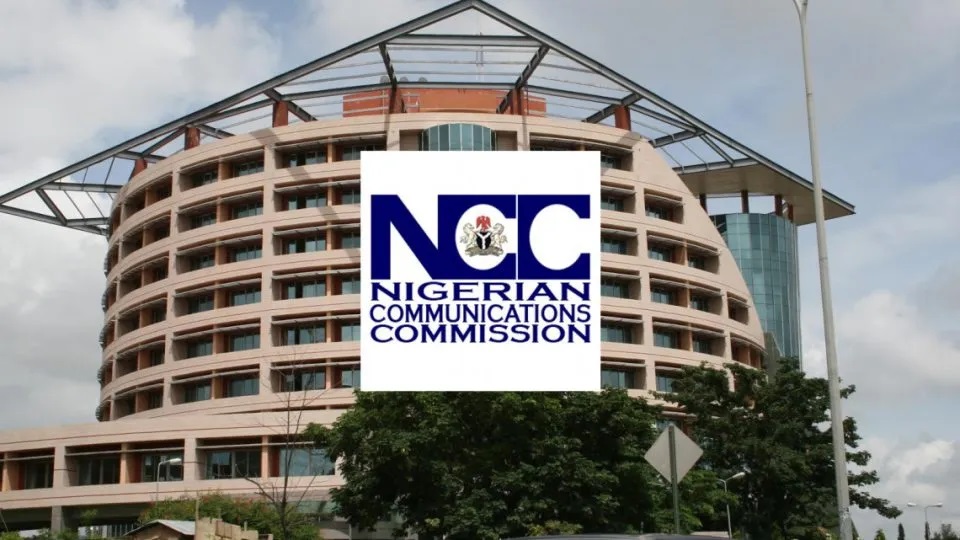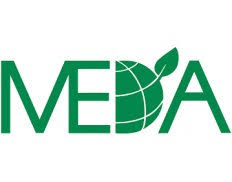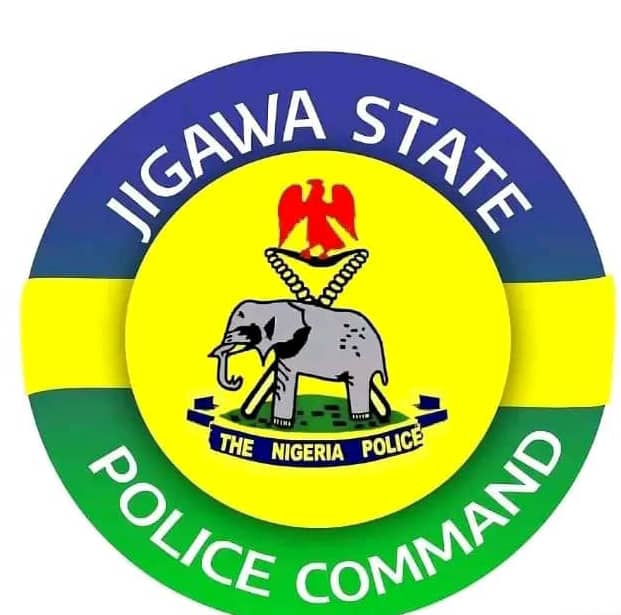From Adanna Nnamani, Abuja
The Nigerian Communications Commission (NCC) has introduced a draft General Authorisation Framework (GAF) to accommodate emerging technologies and maintain growth in the telecom sector, which currently records 79.65 per cent tele-density and 48.81 per cent broadband penetration as of May 2025.
The draft framework was presented at a stakeholders’ forum held Thursday in Abuja.
Speaking at the event, the Executive Vice Chairman of NCC, Dr. Aminu Maida, said the telecom sector has experienced tremendous transformation over the past 24 years since liberalisation.
Maida added that the new licensing model is needed to keep pace with rapid innovation in the sector.
Represented by the Executive Commissioner for Stakeholder Management, Rimini Makama, the EVC said: “We are at a turning point where the nature of innovation demands a regulatory paradigm that is not only responsive but enabling.”
According to him, the General Authorisation Framework introduces three key instruments to support new and emerging services.
These are the Proof-of-Concept (PoC) pilot for testing innovative ideas in real environments, a Regulatory Sandbox for trial services under controlled conditions, and an Interim Service Authorisation (ISA) for services that do not yet fit into the existing licensing structure.
The NCC boss explained that the new model would encourage innovation while safeguarding consumer rights and protecting public interest.
Also speaking, the Director of Licensing and Authorisation at NCC, Mr. Usman Mamman, said the framework was developed after an internal review of recent service applications and pilot proposals that are not captured under current licence categories.
He noted that the Commission also benchmarked global models like the UK’s Ofcom Sandbox and Singapore’s IMDA testbeds to craft a solution suited to Nigeria’s telecom landscape.
Mamman said the framework aligns with national digital economy policies, including the Nigeria Data Protection Act 2023, the National Broadband Plan, and the Nigerian Communications Act (NCA) 2003.
He added that it incorporates protections such as data security measures, customer information policies, and checks to prevent market abuse.
“These mechanisms are time-bound, transparent, and designed to collect useful data for future regulation while ensuring minimal disruption to existing market structures,” he said.
The NCC called on stakeholders to submit feedback to help refine the draft before final adoption.
The Commission said the goal is to create a licensing system that is adaptive, inclusive, and capable of supporting Nigeria’s transition to a digital economy.


















Leave a comment